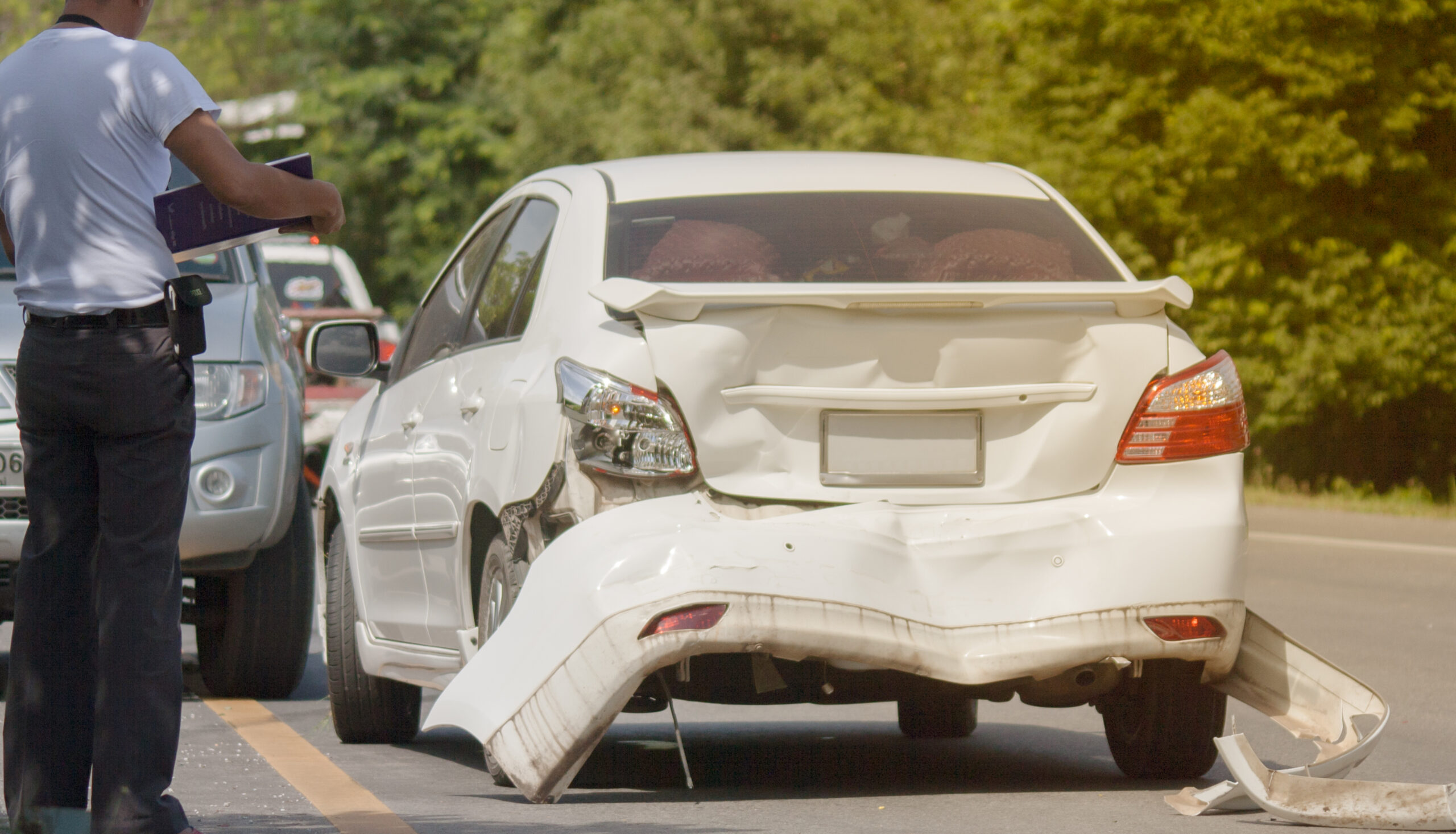In a recent blog, we discussed questions to ask personal injury attorney before hiring them. But what happens next? How do you maximize your chances of getting the best outcome in your case? More importantly, what shouldn’t you do? We’re here to answer that question, covering ten car accident lawsuits you can’t afford to make.
One: Lying About the Details of Your Case
If an insurance company catches you out in a lie – something their insurance adjusters are trained to do – it could make winning your case almost impossible.
If you get injured in an auto accident, you deserve compensation. It’s that simple. Whether you’re discussing your case with your attorney, your insurance provider, or in a court of law, make sure you tell the truth. It may not set you free (remember, lawsuits are civil cases), but it will help you get maximum compensation.
Two: Underestimating the Insurance Company’s Surveillance
In any auto accident case, the insurance company has one goal: Prove you don’t need or deserve compensation.
Insurance providers regularly place individuals who file lawsuits against them under surveillance. The purpose? Show that the plaintiff (in this case, you) is more capable than they claim. For example, if a plaintiff claims they can’t walk without a cane after a car accident, the insurance company may try and get pictures of them walking without assistance.
Even if that plaintiff usually can’t walk without a cane, or can only do so for short distances, evidence of them doing so could be harmful to their case. Expect to be under surveillance by your insurance company, especially if your case is worth a substantial amount.
Three: Talking About Your Case with Third Parties
Insurance adjusters, defense lawyers, and even jurors may try to contact you. Do NOT talk about your case with ANYONE hired by the at-fault driver or insurance company. If an adjuster wants to ask about your case, have them call your attorney. Maintaining confidentiality is crucial in any personal injury case.
Four: Posting on Social Media
Insurance adjusters and defense attorneys like to comb through social media accounts, blogs, and websites for evidence they can use against plaintiffs. Like surveillance, digital research can help adjusters and attorneys try and prove a plaintiff is less injured than they claim.
We generally recommend that clients stop posting on social media entirely for the duration of your case. However, if that’s not a possibility for you, please consider speaking with your attorney or legal team before making a post. They can help you avoid posting content that could hurt your case.
Five: Accidentally Signing Away Your Rights
Insurance companies regularly try and bait personal injury victims into signing duplicitous agreements that undermine their own best interests. It’s not uncommon for tort releases to have fine print waiving a party’s right to future injury claims or allowing an insurance company to access your medical records.
Make sure you go over any agreements with your attorney before signing. They’ll help you understand whether an agreement is beneficial or not.
Six: Failing to Receive Adequate Medical Care
In most personal injury cases, attorneys suggest that clients receive as much medical care and attention as they truly need to become “whole” again, physically and mentally. A successful personal injury suit can let you claim compensation for past, current, and future medical expenses. Additionally, maximizing the amount of care you receive also helps you get stronger evidence proving the need for said care.
In other words, if done correctly, receiving medical care is a low-risk, high-reward endeavor. If you have to miss a medical appointment, let your attorney know and reschedule. Taking your medical care seriously is vital if you want the best outcome in your case.
Seven: Getting Rid of Evidence
Save everything related to your medical care, even if you don’t immediately see a use for it. That includes pill bottles, casts, bracers, prescriptions, itemized treatment lists, etc. Preserving evidence of medical care is essential.

Eight: Failing to Take Pictures
Anytime you have a surgery or a visible injury, take pictures. Alternatively, you can ask your attorney – they may be able to send a photographer that can provide high-quality documentation of your injuries.
Having picture and video evidence of your injuries and how they impact your life is key for proving the extent of your injuries to a jury or insurance company adjuster. Similarly, taking pictures of car and/or property damage can help you get compensated for damage to those items.
Nine: Falling for Independent Medical Examinations (IME)
At some point during your case, you’ll probably get a request to attend an “independent medical examination (IME).” Unfortunately, the doctors who conduct IMEs are often affiliated with the insurance company, and may try to claim you have no injuries (or de-emphasize their severity).
If you receive a request to attend an IME, contact your attorney immediately. They can help you understand what to expect, and may even be able to help you avoid the IME if it would hurt your case.
Ten: Failing to Communicate with Your Attorney
Your attorney is your advocate, your line of defense. If you have a question, don’t hesitate to call your lawyer or the case manager affiliated with your case – they’re there to help you. The more frequently and honestly you communicate with them, the better it will be for your case in the long run.
At Wilshire Law Firm, we’re dedicated to helping car accident victims receive the compensation they need to recover. Call us at (800) 301-5011 or contact us online to get the care and counsel you deserve.











